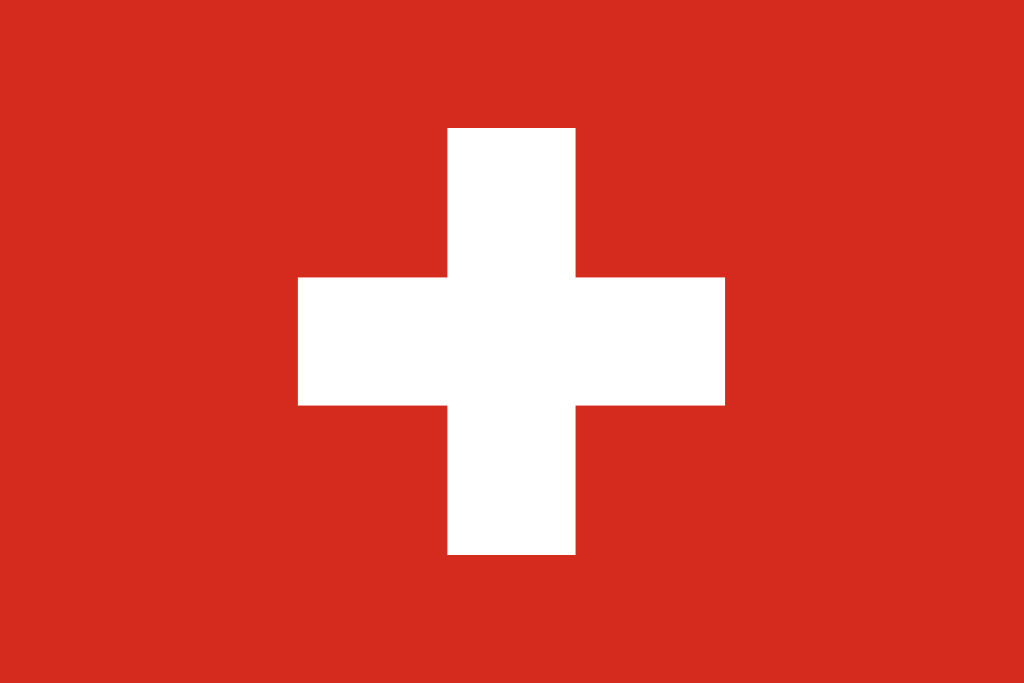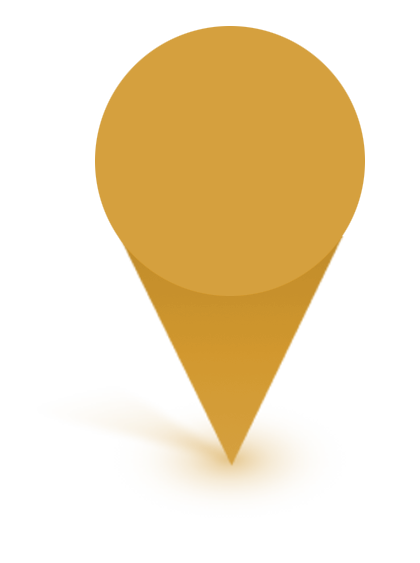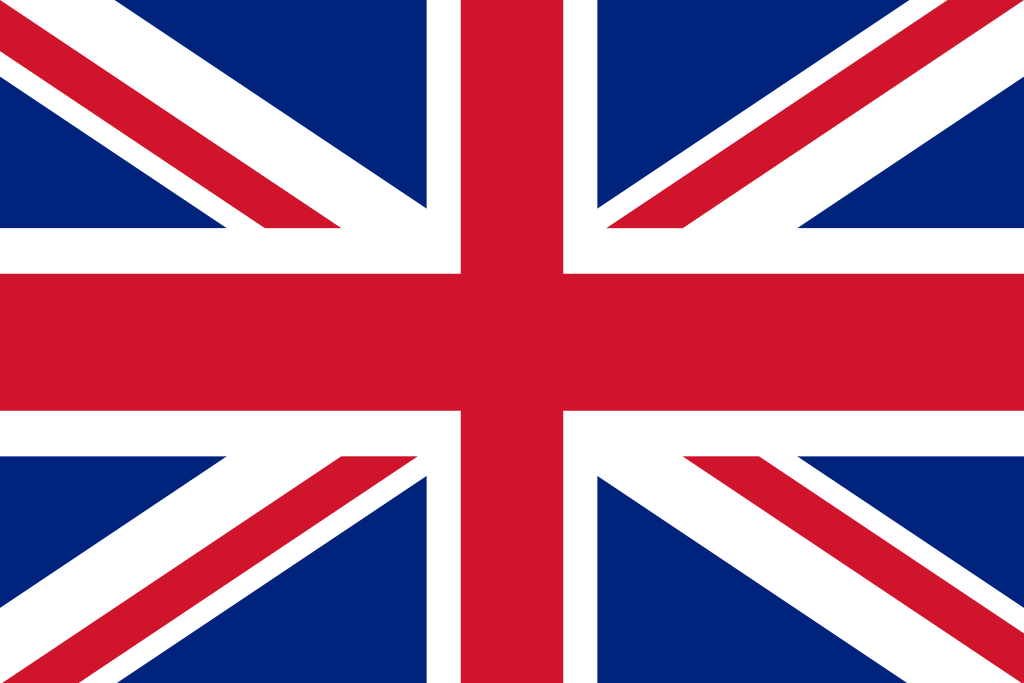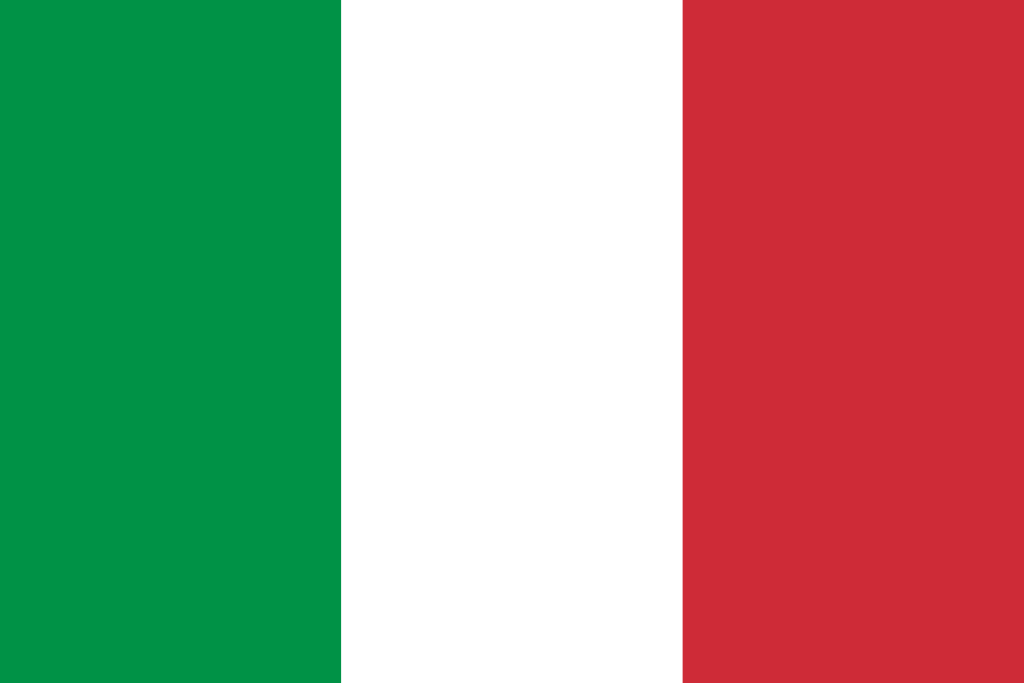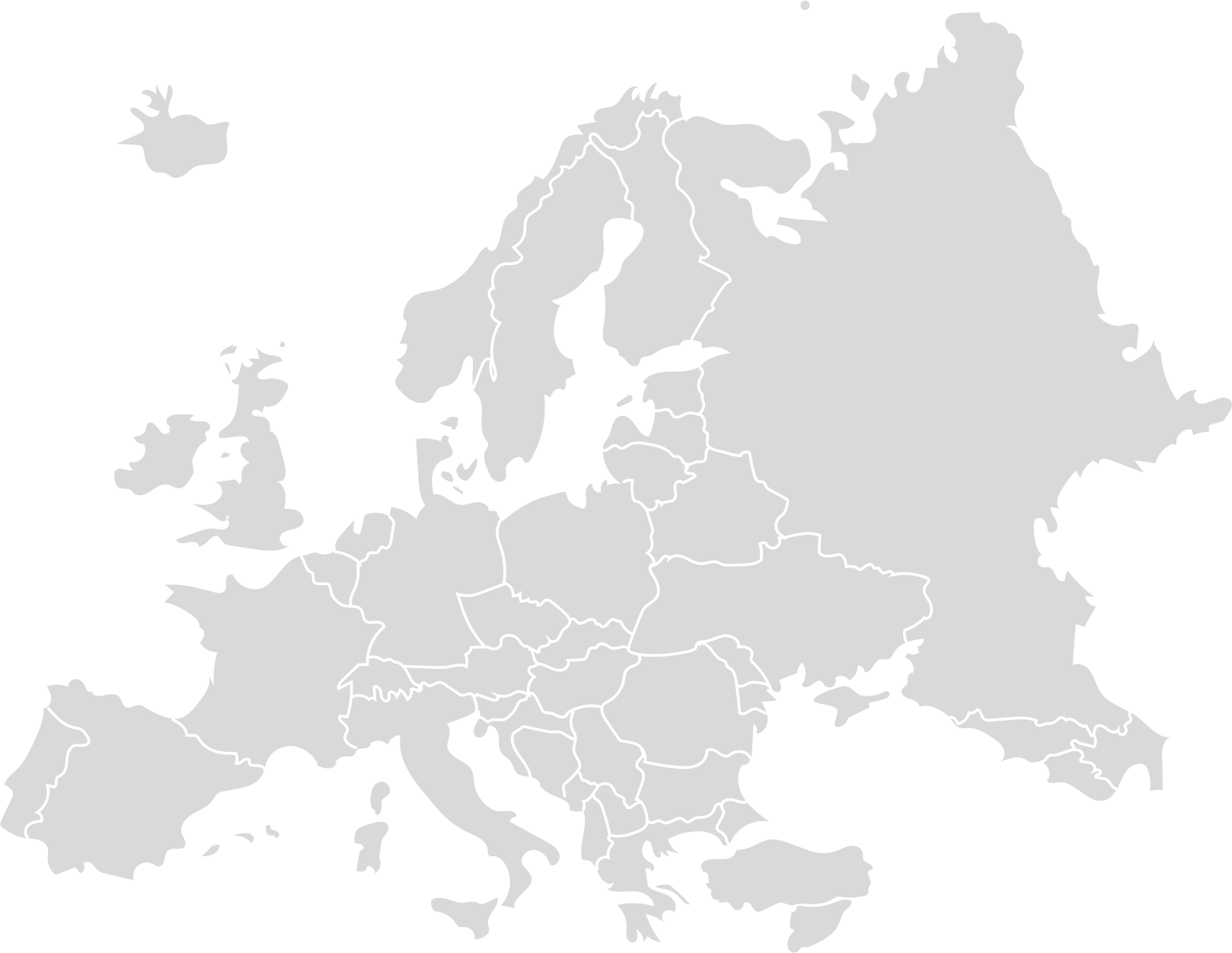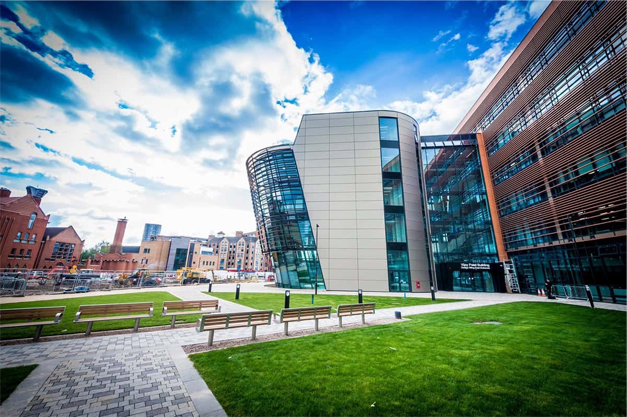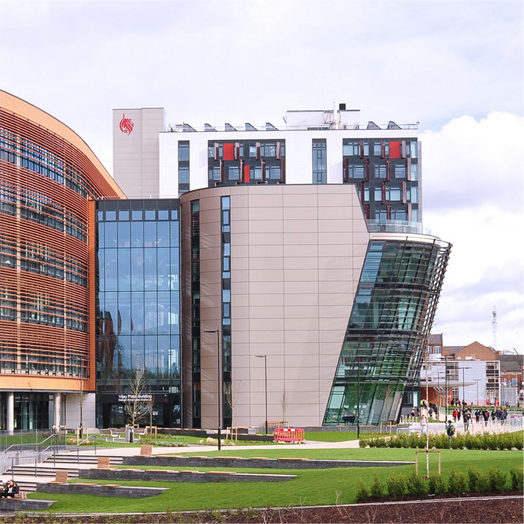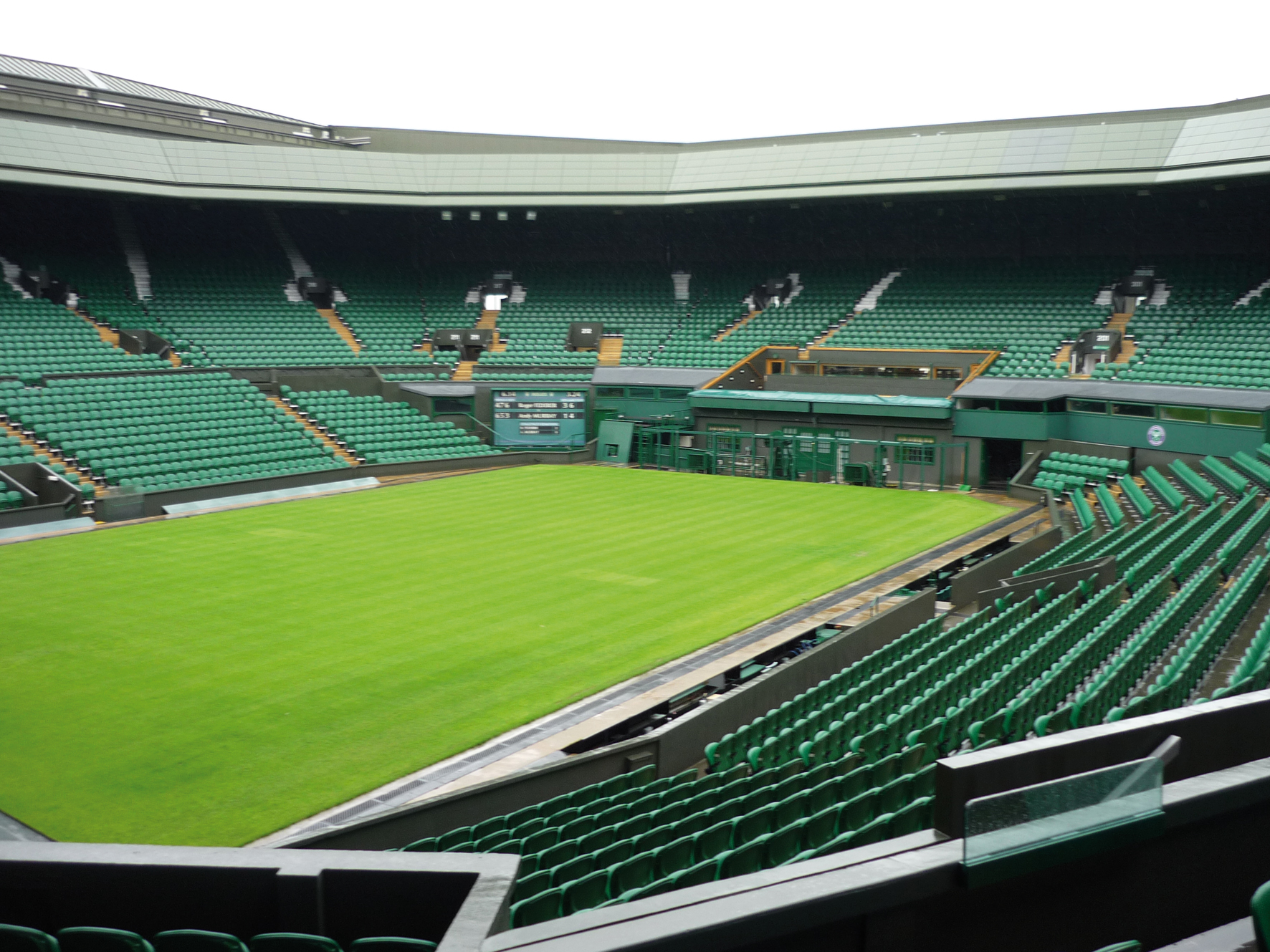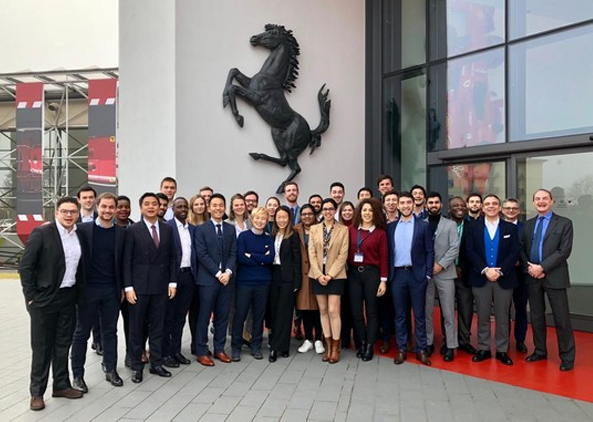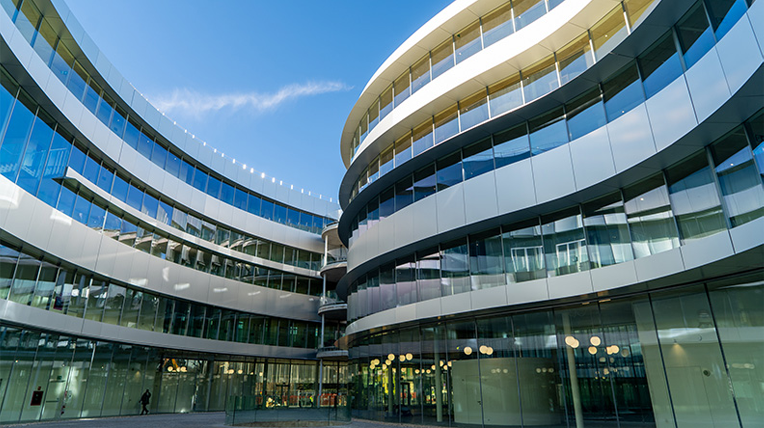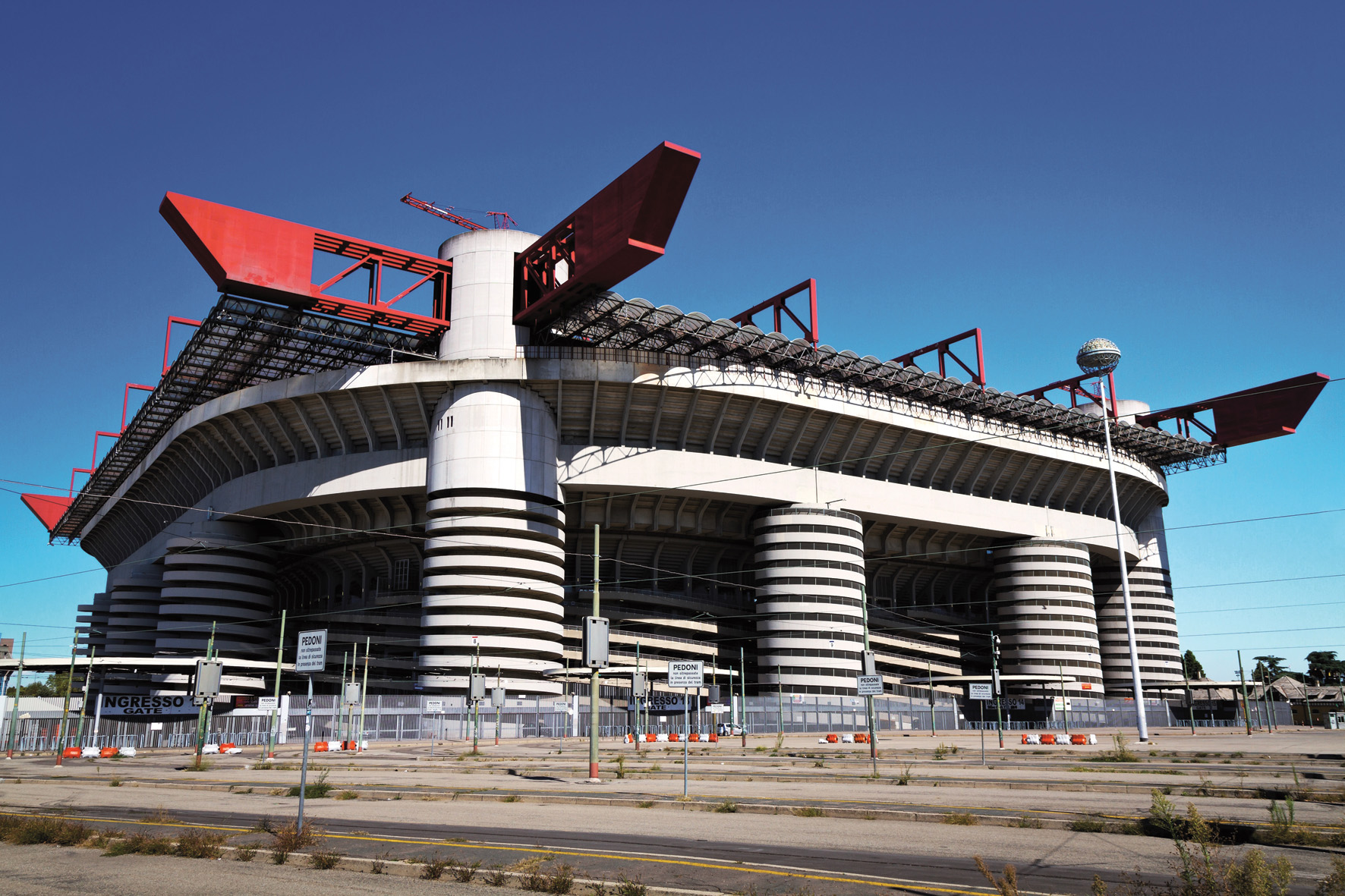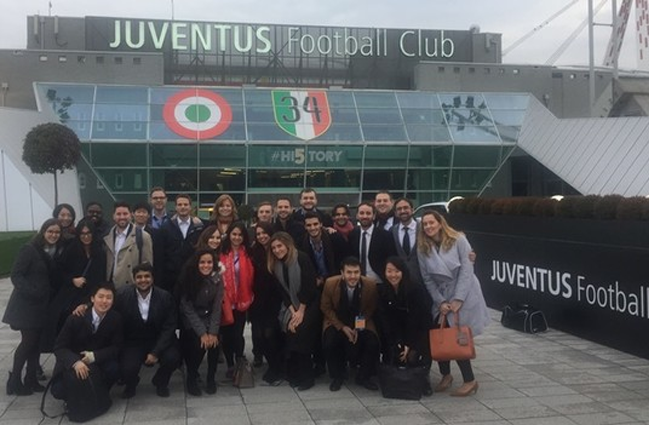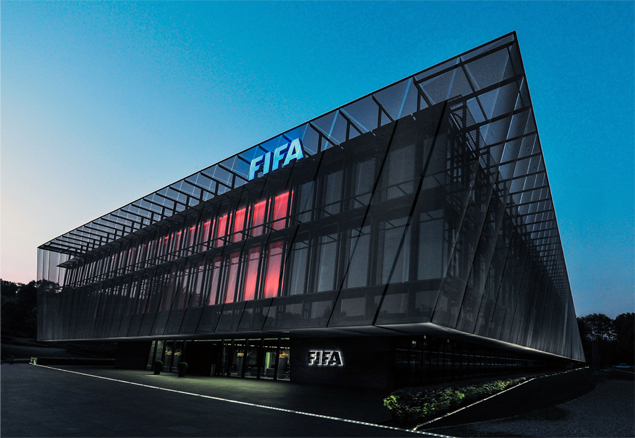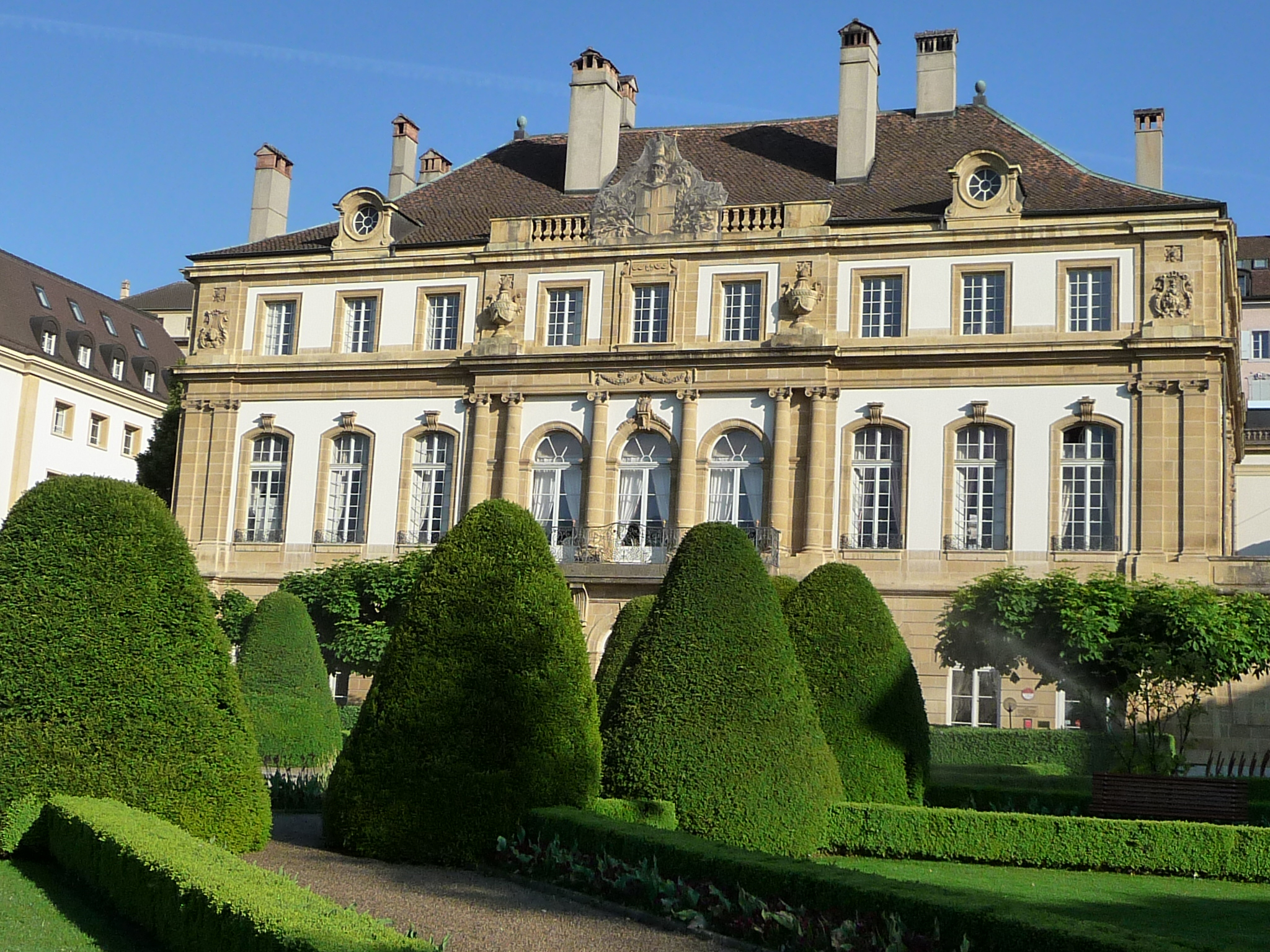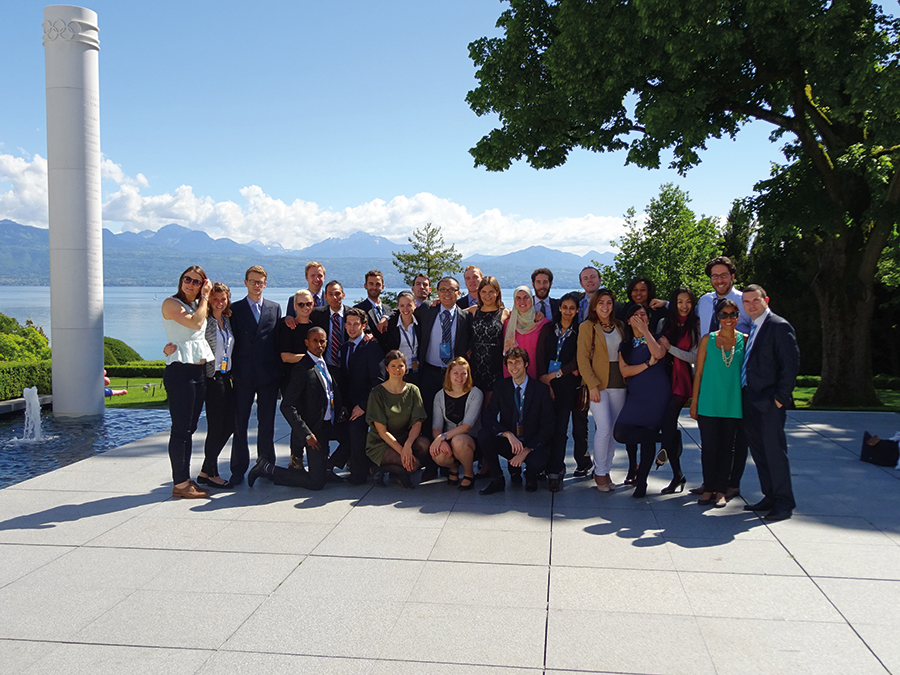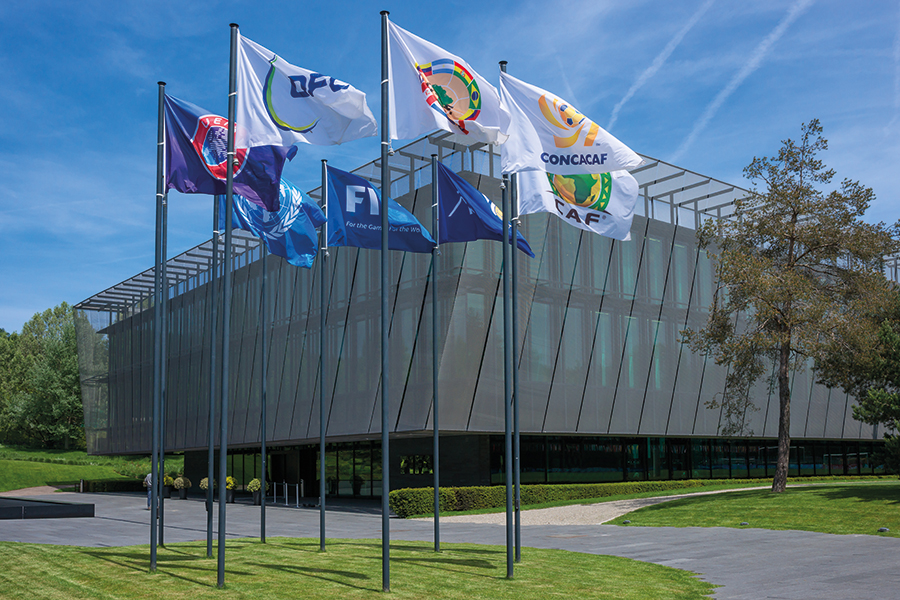Programme
Journey

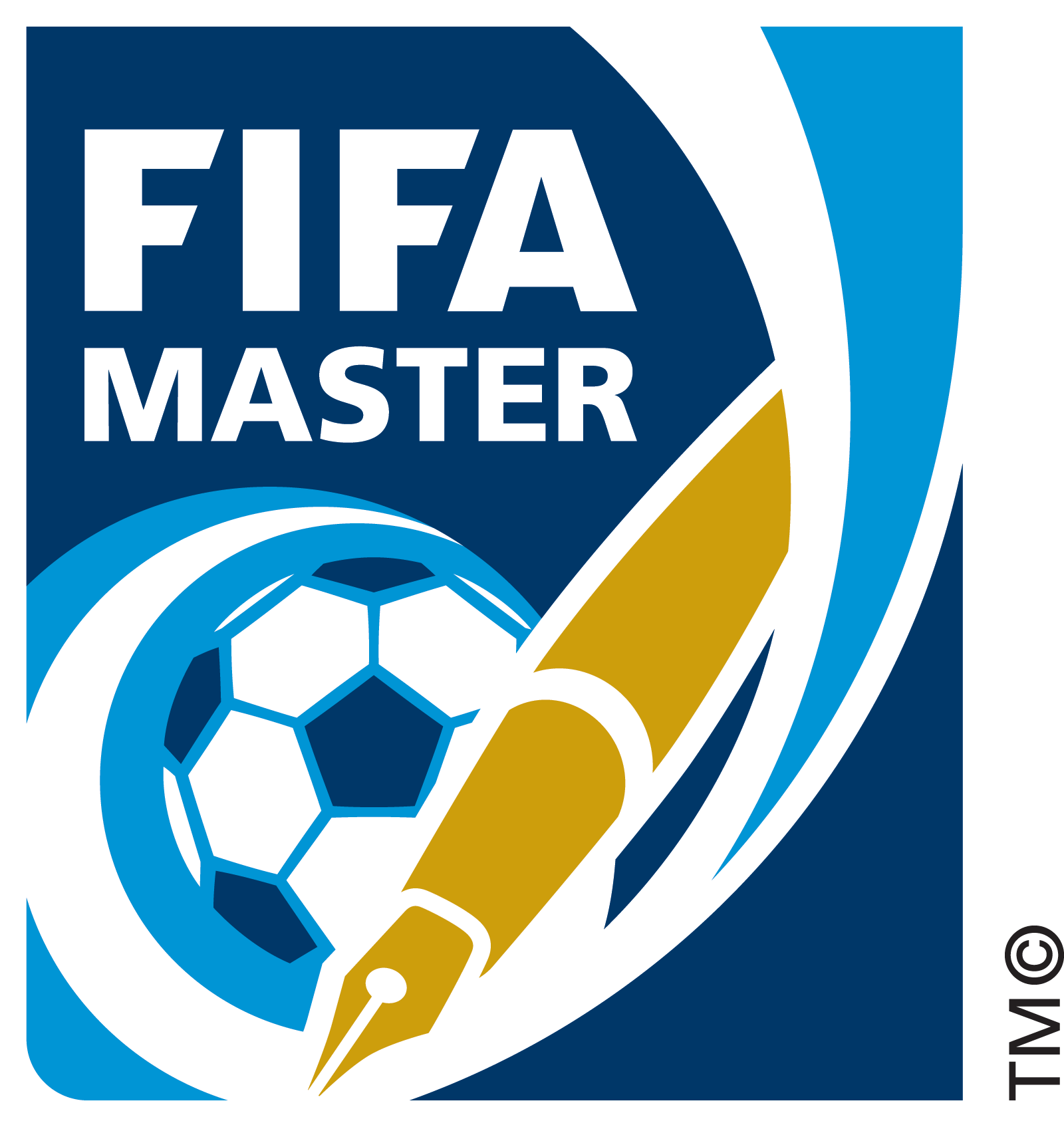
The FIFA Master is a one-year full-time programme that combines top-class academic teaching and practical case studies supplemented by guest lecturers and field visits. The programme is based on four distinct modules, which are undertaken at three of Europe’s leading institutions.

Humanities of Sport Module
September - December
University

sport Management
Module
January - March
of Management

sports LAW
MODULE
April - June
Neuchâtel

sport Management
module
January - March
of Management

Final project
module
june-july

Humanities of Sport Module

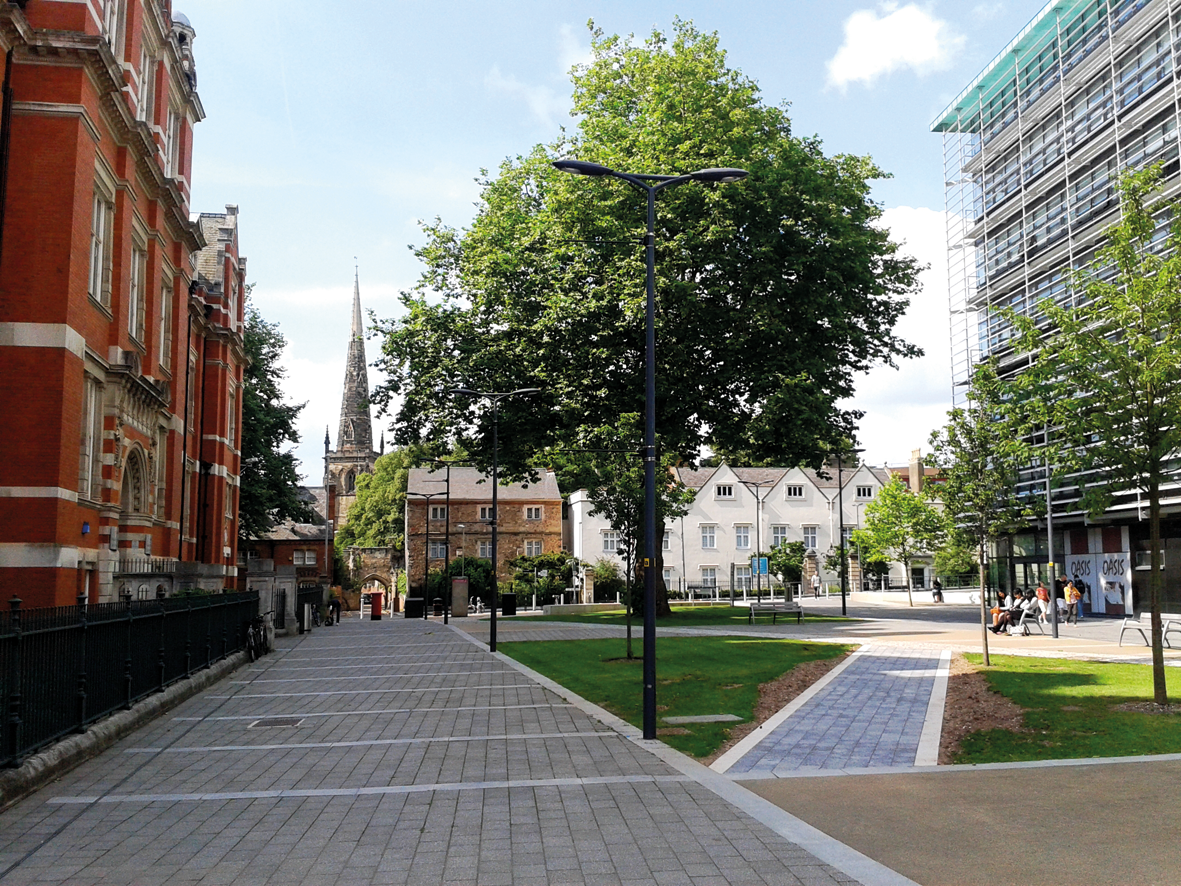
Leicester (UK)
September to December
The first module focusses on the Humanities of Sport and is taught by the International Centre for Sports History and Culture (ICSHC) at De Montfort University (DMU), Leicester, (UK). During this module, students investigate the origins of modern sport, examine its cultural and global significance, discover how sport can help us understand society and the importance of gender and equality issues. The scope of the module is global, not only analysing how modern sport spread from its British origins, but also how other nations embraced sport within their own cultural contexts.
As part of their studies in Leicester, students complete the follow sub-modules:
- Traditions and Ethics
- The Birth of Modern Sport
- Professional Sport in Context
- Internationalisation of Sport
- Transversal Themes (e.g. Development, Human Rights, eSport, Women’s Sport)
- Research Methods
During this first module in Leicester, students also have the opportunity to become skilled professionals in the field of Communications. This sub-module allows students to attend a mixture of industry expert and academic theory lectures on themes such as, corporate communication planning, crisis communication and public affairs.
Finally, additional introductory Finance lectures are offered to students who have not studied accounting or finance before, thus gaining fundamental knowledge that will further help them when they attend the management module in Milano.
The Humanities of Sport module Co-Scientific Directors are Professor Martin Polley and Associate Professor Heather Dichter. The Module Coordinator is Mr. James Panter.

Sport Management Module

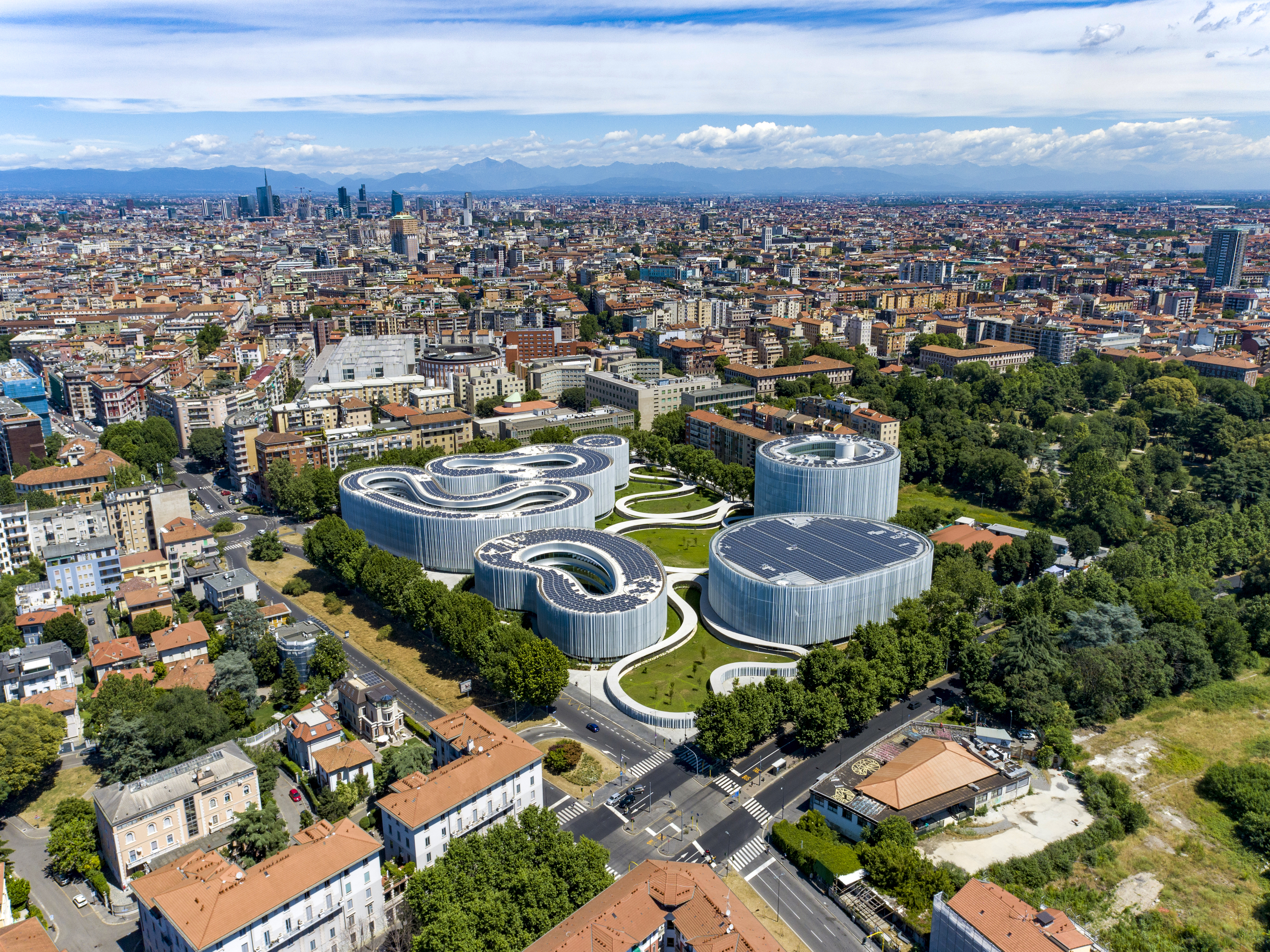
Milan (Italy)
January to March
The second module focusses on Sport Management and is taught at the SDA Bocconi School of Management, Milan (Italy). During this module, at one of Europe's most prestigious business schools, students will investigate various management issues applied to the context of sport, ranging from sport organisation and leadership to marketing, through strategy and events. This module is designed to support the growing need for managerial skills in sport and to ensure graduates are ready to cope with the challenges and the competitive environment in which sport organisations operate today.
For more than 50 years, SDA Bocconi has been committed to fueling educational experiences with passion for knowledge and concrete know-how, creativity and scientific rigor, cultural and international diversity.
Ranked among the top institutions in the world, the school supports the continuous growth, improvement, and transformation of people, companies, and organizations. Its offering is designed to meet the changing needs of the modern world, making it a global leader in education. It is an international school based in Milan with the largest urban campus in Europe, a new headquarters in Rome, and a pan-Asian hub in Mumbai.
SDA Bocconi School of Management anticipates the future and embraces courage, imagination, and a strong sense of purpose. We are determined to play a leading role in the global market of higher education while remaining true to our Italian identity and openness to the world.
As part of their studies in Milan, students complete the follow sub-modules:
- Foundations of Sport Management
- Sport Finance
- Sport Strategic Planning
- Sport Marketing & Digital Strategy
- Sport Event Management
- Sport Innovation
The Sport Management module Co-Scientific Directors are Professor Dino Ruta and Professor Marco Elefanti. The Module Coordinator are Mr. Luca Antonelli and Mr. Pietro Santi.

Sports Law Module

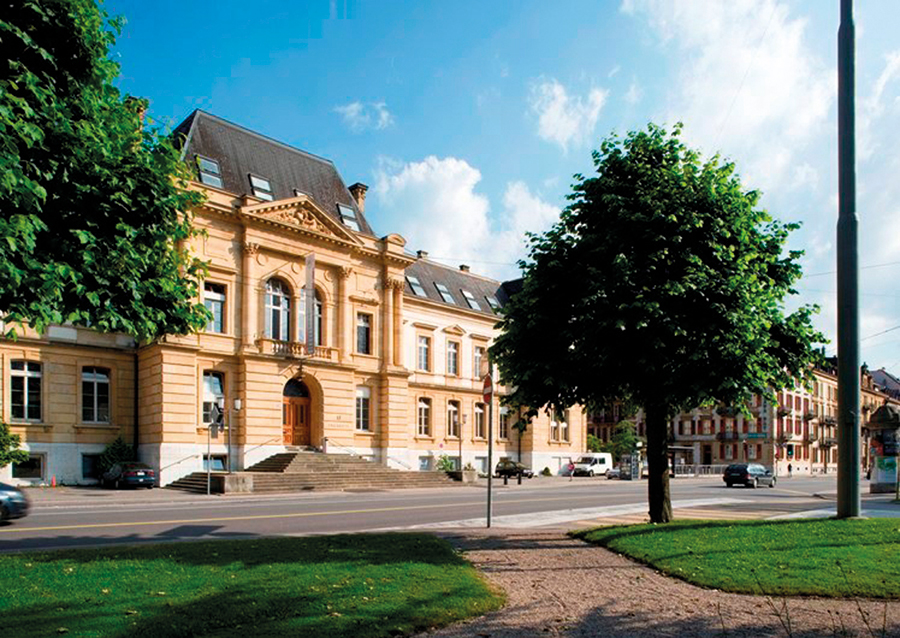
Neuchâtel (Switzerland)
April to June
The third module focusses on Sports Law and is taught at the University of Neuchâtel (Switzerland). During this module, based at one of the top Law faculties in Switzerland, students focus on a comprehensive array of legal aspects in sport to develop their understanding of this complex area. High-level theoretical teaching is combined with a clear and practical approach to the problems and questions which arise in modern Sports Law practice.
As part of their studies in Neuchâtel, students complete the follow sub-modules:
- Introduction to Sports Law
- Legal Structure of the Sporting Movement
- Events
- Athletes and Clubs
- Commercial Contract and IP
- Integrity and Governance
- Dispute Resolution in Sport
The Sports Law module Co-Scientific Directors are Professor Antonio Rigozzi and Professor Madalina Diaconu. The Module Coordinator is Mr. Marcin Radziwonka.
Final Project Module

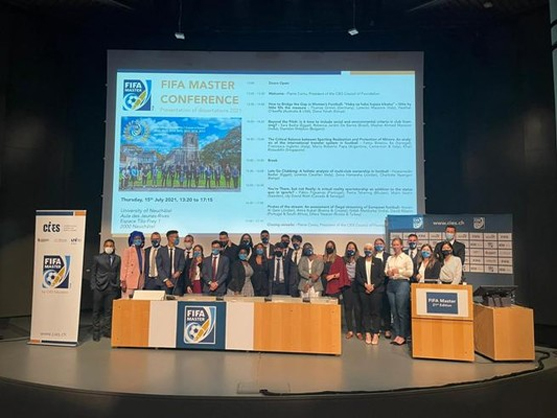
Neuchâtel (Switzerland)
June to July
The fourth, and final element of the course, evolves throughout the programme but is completed while the students are located in Neuchâtel from June to July. Working in small research teams, students develop an inter-disciplinary research project with reference to the course themes of Humanities, Management and Sports Law. Each research project is produced under the supervision of academic staff of the three partner universities and is expected to have an applicable nature to issues faced in world sport today. The finished research project is then presented to an invited audience of industry and academic experts during a special conference event in Neuchâtel: “The FIFA Master Final Projects Conference”.
Executive summaries of the five last editions' Final Projects:


Students normally attend around 30 hours of timetabled taught sessions including lectures, seminars and workshops each week, and are expected to undertake at least 10 hours of independent study each week. The Final Project group dissertation is predominantly self-directed study (including meetings with their supervisor) during which students can expect to undertake 35 hours of independent study each week.
One of the key strengths of the FIFA Master reside in an original and effective mix of various teaching methods. Taken individually, those are:
 | Face-to-face lectures |
 | Guest speaker sessions |
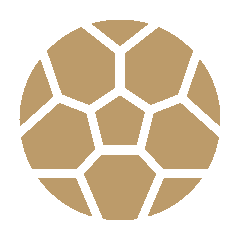 | Case studies applied to real sport industry issues |
 | Simulation exercises |
 | Individual and group work (written and oral) |
 | Field visits during each module |
 | Methodology and directed study |
It is this combination of teaching methods which allows students to develop extensive skills, both analytical and operational.


Our postgraduates are examined throughout the course by a variety of methods, including written exams, oral exams, project work and group presentations. The final assessment is a group project. The assessment timetable is devised by each of the three partner universities. Depending on the institution, the exams either take place on fixed dates throughout the module, or they are all taken at the end of the module. Students must pass all modules of the course to graduate.


Another added-value of the FIFA Master compared to other educational programmes in the field of sport business education is the variety found in the teaching staff, thus exposing students to very different presentation styles and teaching methods.
An example of the broad range of teaching backgrounds candidates can expect to engage with during their studies are as follows:
- Professors and Sport Experts.
- Industry representatives from National and International Sports governing bodies, sporting companies, marketing agencies and law firms.
- Alumni who have entered the sports market and are now working in key positions within the sector.
- Entrepreneurs working in the sports industry.
The contributions made by these individuals when taken together, prepares students for a wide range of careers within the global sports industry. Our unique course structure develops students understanding of different cultures as well as flexibility and adaptability of workplace skills.


The expertise and knowledge FIFA Master students receive from the sports industry is provided by two sources: Guest speakers invited from various sports organisations and field visits organized during each module. These two elements complement academic teaching provided by the FIFA Master.
Guest lecturers from the sports industry
Since the course was first created in 2000, various speakers from international and national sports organisations, organising committees of major sports events, professional teams, corporate sponsors, consultants and marketing agencies have visited the FIFA Master to share their experiences. The knowledge shared by these sport industry experts is essential to the programme and provides students with concrete and practical examples of what will be expected of them as future managers in the sector.
Field Visits
Many internationally-renowned sports organisations have opened their doors to the FIFA Master by welcoming our students so they can gain a better understanding of the workings of their organisations. Among the organisations who have previously supported our students during their studies are: FIFA, IOC, UEFA, FEI, FIM, FIBA, Manchester United, Inter Milan, Manchester City FC, Leicester City FC, Ferrari, Wimbledon, The PFA, Vero Volley and Leicester Tigers.


Fees
The FIFA Master course fee is CHF 25’000 for the academic year. Living Costs are between CHF 20’000 to CHF 30’000 per year.
Scholarships
The FIFA Master course offers several scholarships each year which are awarded by the Scientific Committee on the basis of academic merit and financial need as follows:
 | Two “full” scholarships (CHF 45’000 each) which cover course fees and living expenses. This scholarship category is open to all candidates. |
 | Four scholarships which cover course fees only (CHF 25’000 each). Again, all candidates may apply for this scholarship category. |
 | Two “full” FIFA/CIES International University Network scholarships (CHF 45’000) which are only available for candidates who have previously completed one of the FIFA/CIES International Programme in Sports Management. Applicants wishing to request this Scholarship should clearly indicate on their online application form they are a graduate from one of these programmes. For more information please see: link to the section called Specific Scholarships for the FIFA Master under the FIFA/CIES International Network pages on the new CIES Website. |
Scholarships may be divided by the Scientific Committee in order to help as many candidates as possible. Therefore, any candidate wishing to apply for a scholarship needs to be aware that receiving a full CHF 45’000 complete course fees scholarship is unlikely.
Applications for scholarships must be made during the first online application to the course. Applicants need to provide full and accurate information about their financial situation in support of their scholarship application in order to be taken into consideration. If candidates do not apply for a scholarship in their application file, under no circumstances will they be eligible to receive any scholarships at a later stage.
Finally, as we receive many more scholarship requests than funds we have available, we strongly recommend that applicants explore financial support either through sponsors or government-type loans in their home country or country of residence. Each year a number of students successfully secure funding in this way. We can provide details of alumni who come from your region during the application process who may be able to recommend funding sources to you.

Ready to JOIN
the course?
Take your career to the next level


